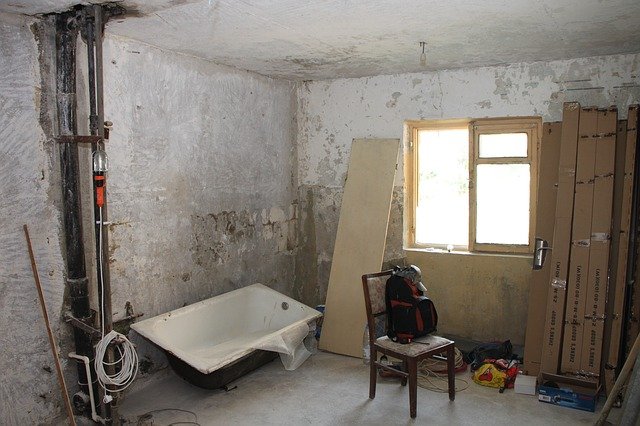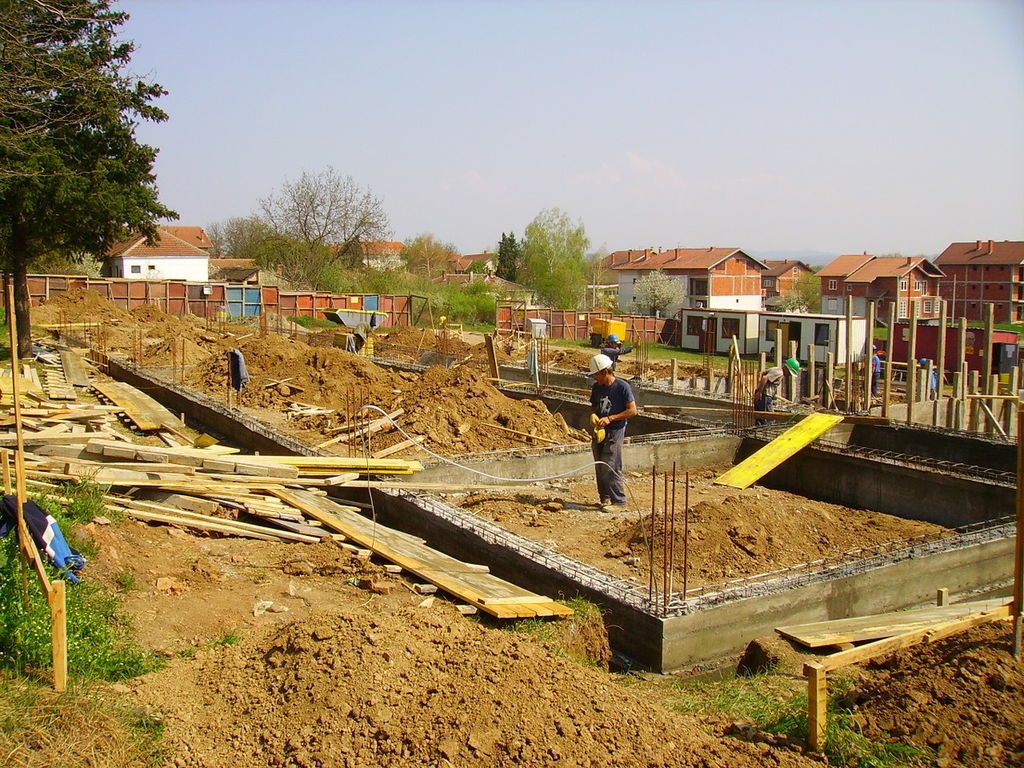The two most favorable reasons why getting into the property buying and selling market are that virtually anyone can do it, and due to the nature of the business profits are almost always high. Don’t be fooled however as it’s much more complex than it first might sound. The main complications are the paperwork and legal frameworks which have to be adhered to and fully understood to operate in the market properly. Apart from this, it’s your personal talent that will end up pushing across the finishing line of success. It’s not so much personality, but an understanding of what is necessary to the consumer. Such things as location, style of home, type of buyer, price, materials and quality of purchase are the main factors when it comes to luring in potential prospects. Professional property market companies treat buying and selling as their bread and butter. The one thing they usually have over an independent is the legal bodies required to close out a deal. However, they also need to work with strict tolerances and narrow walls of what is permissible under company culture. This little chink in the armor gives you a chance to slide in and beat them at their own game.

The first point of entering
It goes without saying, but you should have worked out by now, you need to make sure you have a budget and a large lump sum of money stowed away, ready to be used. One of the first points of entry for many prospective buyers who want to enter the property market is the auction scene. Homes that cannot be sold for whatever reason are put up to auction to those who see something in the property that others don’t. It’s a bit of a free for all, and you need to make quick decisions regarding how much you’re willing to fork over.
Be mindful to study the inventory beforehand as all those attending the auction get a program featuring the finer details of each property. There are mixed auctions as well as specific group auctions. The mixed will sell all kinds of properties such as abandoned buildings, apartments, residential homes, larger homes such as manors and mansions and quite possibly even commercial offices. The main use of these auctions is to buy cheap and renovate properties to be then flipped, i.e. sold at a much higher price than you bought for.

Becoming a flipper
In recent years the flipping trend has taken off like a rocket ship. Buying rundown properties that have either been abandoned or simply damaged to a state that leaves the owner unable to sell the property, makes for a brilliant investment. Simply, renovating older properties to harbor new styles of interior design, decor and modern technology allows them to come back from the brink of demolition. However, you must be wary that many properties that are withering away need logistical overhauls. The wiring of the homes needs to be repaired and or updated. Central heating systems often need professional assistance to be brought back to life after having been cleared of gunk. Many real estate agents are hip to the trend and like to buy up properties and do them up by hiring other professional restoration companies.
You can do this yourself. Buying new wallpaper, regrouting walls with worn out tiles, fitting new flooring and installing new fittings such as washing machines, makes a desolate property able to be functioning livable space. Most of your budget will go on renovating as it’s quite common for teething problems to arise during the renovation process. This is where your budgeting skills come into play. The key is not to overspend and if you’re going to make sure you do so in a smart manner. The end goal is to make a decent profit, and this can be nullified if you go over your expenditure boundary.

Swooping in to the sub-sale
On sale properties that are targeted toward specialist buyers reap a large profit almost every time. The sub-sale market has unique contracts that need to be studied carefully as your obligations as the intermediate seller carry a lot of responsibility. The basic premise is, buying a property from a seller, to then immediately sell off to another buyer. It’s a case by case basis but the two types of contracts will either require you to inform the seller upfront that you will be selling the property on to another buyer, or not be required to inform them at all.
Becoming the intermediate seller is easier than you think as explained here, www.propertyguru.com.my/resources/buy-property-guide/the-complete-guide-to-purchasing-a-property-in-the-subsale-market. What you need to put at the top of your things to do list when taking on such a deal is the financing. You must have one-fifth of the asking price ready and waiting as this can activate the necessary legal framework for the process to be validated. Your success depends on catering for the secondary buyer’s needs. The location, safety, workplace proximity, accessibility, size, local facilities, and the age all matter a great deal.
So who would want to be the secondary buyer and why don’t they just simply overstep you, cancel out the middleman and just buy the property from the initial seller in the first place? Well as mentioned, these are specialist buyers. You may be selling to a company that deals with high-roller clients such as celebrities. They may not have the resources to go out searching for their client’s specific tastes, so they use independent property buyers for their sub-sale needs. Other types of secondary buyers may be companies that specialize in property development and wish to increase their portfolios. Again, they may not have the time and manpower to hunt for various properties but can rely on intermediate sellers who come to them with a potential prospect property.

Buying land at new sites
Government award contracts to home construction companies to make sure their state department pledges and policies are adhered to. As the population grows and the income bracket of many young professionals looking to start a family also increases, so will the demand for new homes. If you can keep an eye on what sites are soon to be developed on or moreover are being surveyed as potential land that may be suitable for mass production of homes, you could be the early bird that gets the worm. Buying land that meets this criteria could prove incredibly lucrative. Real estate companies will pay a hefty price to get the rights to land that will be built on so you’ll have some competition when you’re out searching. This is one way to beat the professionals at their own game by staying one step ahead. Indeed it is a bit of a gamble, but with enough sound research, you can abate any doubts about where the next new-home sites will be.
If you’re unsure about yourself and have doubts about your capabilities in the industry, you can always start off small by going to auctions of smaller, less expensive properties. Starting your journey as a property expert can also be done by the act of flipping older and worn down properties, by renovating them with a bang for buck restoration. The sub-sale market is a bit more complex as extra provisions will be made to the contractual agreements regarding obligations and securities. On the other hand, it’s a specialist buyers market, so the chances of making a handsome profit are high. On the face of it, buying up empty flat land doesn’t look like much. Yet with the right kind of information and time taken to do the proper research, empty land needed for homes become substantial in value with many interested buyers all vying for your business.

Be First to Comment